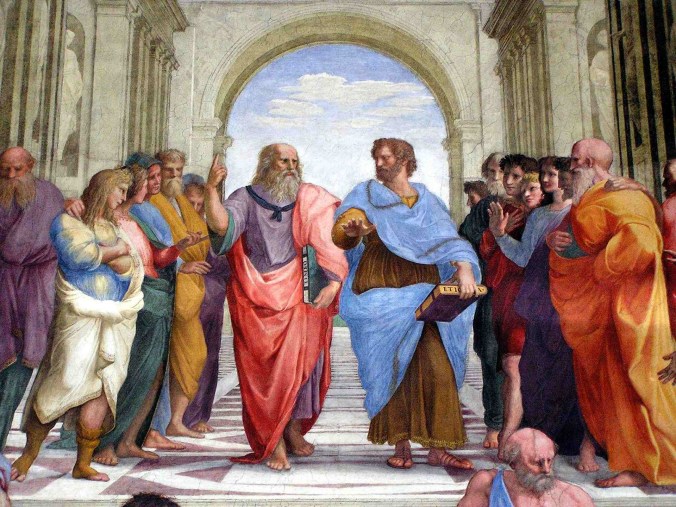
“For it is the mark of an educated mind to expect that amount of exactness in each kind which the nature of the particular subject admits. It is equally unreasonable to accept merely probably conclusions from a mathematician and to demand strict demonstration from an orator. Again, each man judges correctly those matters with which he is acquainted; it is of these that he is a competent critic. To criticize a particular subject, therefore, a man must have been trained in that subject: to be a good critic generally, he must have had an all-around education. Hence the young are not fit to be students of Political Science. For they have no experience of life and conduct, and it is these that supply the premises and subject matter of this branch of philosophy. And moreover they are led by their feelings; so that they will study the subject to no purpose or advantage, since the end of this science is not knowledge but action. And it makes no difference whether they are young in years or of time, it is because their life and its various aims are guided by feeling; for to such persons their knowledge is of no use, any more than it is to persons of defective self-restraint. But Moral Science may be of great value to those who guide their desires and actions by principle” – Aristotle, Nicomachean Ethics I.3.5-7.
Notice Aristotle uses the word “admits” (epidechetai) when approaching each subject according to its nature and kind – the action of receiving or accepting part and place as many of us are about to do with our Thanksgiving guests. It hardly means we have agreed with everything they ever did, said, or will in the future.
Aristotle is arguing that each specific subject has a legitimate place and that to impose a single expectation that all conform to the same degree of scientific precision is not the result of an educated mind but quite the opposite. To bar admission of those studies that seek truth for only those that regurgitate knowledge is many things but it is not an education. Aristotle is describing a truly liberating education understands that philosophy has an indispensable part and all that a student needs to learn cannot be reduced to only what is measurable with vial, ruler or level. In short, STEM is not enough.
Hearing something outside our familiarity does not mean our will has instantly been overpowered and the idea enthroned over us without our consent. To react with the fear that hearing equates to agreement – an emotion of the inexperienced and immature – is the strongest demonstration that we lack an educated mind.
We do the young no favors to award them power before first teaching them self-restraint. This is where political science cannot blindly bequeath its potency for children (in heart and head not merely age) to freely wield it. The series of fads sweeping through education, since John Dewey, keep swapping the foci of resources with increasingly disintegrating results. One after another robs students of what they most need, erodes basic competence for living circumspectly, and all the while astonishes “the experts” when the situation only keeps getting worse. A moral training is the garden where the souls of our children must first be brought. Moral education has not brought us to this point. The space allowed for its demonstration has diminished in proportion to an increase of social turmoil. The shootings, the behavioral problems, the abuse issues, the plethora of dysfunction at all levels will not find a cure through mastering the arrangement of chemical compounds or effectively experimenting with electrical current. Man does not live by technology alone. Without the things of the spirit coming first – the purposes and precepts that make the machines we daily use possible at all – it will (as Calvin Coolidge once said) become a barren scepter in our grasp. We may hold symbols of immense, unprecedented might but without the ability to govern ourselves, we will remain vulnerable and lost before anything or anyone promising quick relief and material answers.